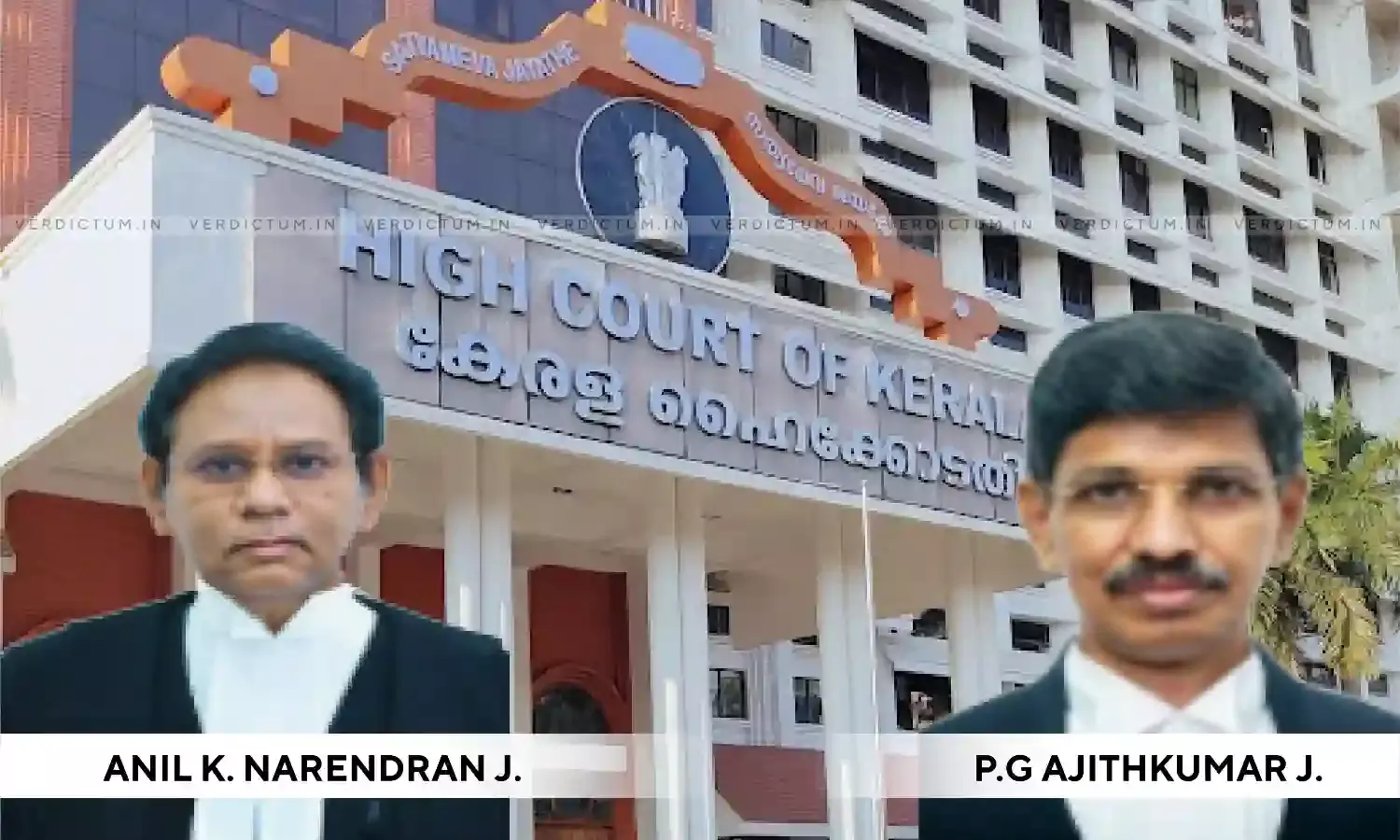Kerala HC Stops Preparation, Sale Of Aravana Prasadam At Sabarimala As Cardamom Used In It Was Found To Be Unsafe

The Kerala High Court directed the Travancore Devaswom Board (TDB) to not sell ‘Aravana Prasadam’ in Sabarimala as the cardamom used in the preparation contained pesticides beyond the Maximum Residue Limit (MRL).
The Bench of Justice Anil K. Narendran and Justice P.G. Ajithkumar observed that “If the cardamom supplied by the 5th respondent do not meet the Maximum Residue Limit prescribed under the Regulations, it is unsafe as per Section 3(1)(zz)(xii) of the Food Safety and Standards Act, 2006, as found in the report dated 10.01.2023 of the Executive Director, Food Safety and Standards Authority of India.”
In this case, plea was filed by a company Ayyappa Spices which had supplied the cardamom to the TDB during the Mandala- Makarvilakku festival season 2021-22, to test the cardamom of the respondent no. 5- a Kollam- based supplier, who was given the contract to supply the cardamom for the Mandala-Makaravilakku festival season 2022-23. The petitioner was aggrieved that the Board gave the contract for 2022-23 without competition and newspaper advertisement.
The Government Analyst’s Laboratory in Thiruvananthapuram and accredited laboratory of the Food Safety and Standards Authority of India (FSSAI), after testing the cardamom, found it to be unsafe.
Advocate V. Sethunath appeared for the petitioner.
Advocate Biju and Advocate C.S. Manilal appeared for the respondent and submitted that in one ‘kootu’ for Aravana Prasadam, consisted of ingredients like rice, jaggery, etc. of approximately 350 kg, the quantity of cardamom was only 720 gms and that since the end product, i.e., Aravana Prasadam, contained only a negligible quantity of cardamom, the fact that the cardamom supplied by the 5th respondent contained pesticides exceeding the Maximum Residue Limit, would not make it unsafe for consumption, especially when it was prepared by heating the ingredients at a temperature above 200 degrees.
The Court disagreed with the Board and said that when the contract was to supply 15,000kg of cardamom in terms of regulations under the Food Safety and Standards Act, 2006, the cardamom had to meet the standards.
The Court further relied upon the decision of the Apex Court in the case of Centre for Public Interest Litigation v. Union of India and others [(2013) 16 SCC 279] wherein it was held that “any food article which is hazardous or injurious to public health is a potential danger to the fundamental right to life guaranteed under Article 21 of the Constitution of India.”
Therefore, the Court said once the cardamom was found to be non-conforming to the standards laid down in the regulations, the TDB cannot be permitted to sell Aravana Prasadam made using that cardamom to devotees and further passed an interim order restraining the Travancore Devaswom Board from selling Aravana Prasadam to pilgrims.
The Court also said that “this order will not stand in the way of the Travancore Devaswom Board making Aravana Prasadam without cardamom or after procuring cardamom, which meets the standards prescribed in the Regulations framed under the Food Safety and Standards Act, 2006, after obtaining test report from the Government Analyst’s Laboratory, Thiruvananthapuram.”
Accordingly, the Court listed the matter for further hearing on January 13, 2023.
Cause Title- Ayyappa Spices v. the Travancore Devaswom Board
Click here to read/download the Order

